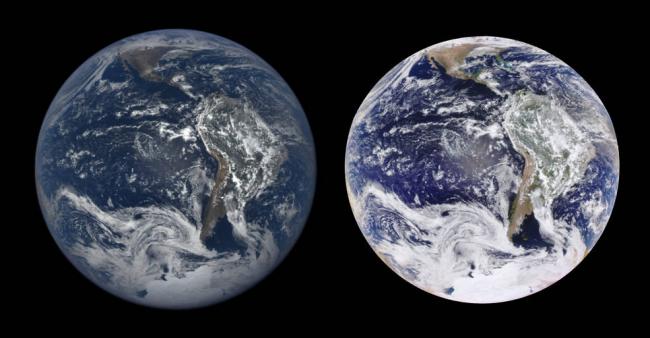
Climate change could raise food insecurity risk: Study
London, Apr 2 (IBNS): Weather extremes caused by climate change could raise the risk of food shortages in many countries, new research suggests.
The study, led by the University of Exeter, examined how climate change could affect the vulnerability of different countries to food insecurity – when people lack access to a sufficient quantity of affordable, nutritious food.
Scientists looked at the difference between global warming of 1.5°C and 2°C (compared to pre-industrial levels) and found that – despite increased vulnerability to food insecurity in both scenarios – the effects would be worse for most countries at 2°C.
The study looked at 122 developing and least-developed countries, mostly in Asia, Africa and South America.
“Climate change is expected to lead to more extremes of both heavy rainfall and drought, with different effects in different parts of the world,” said Professor Richard Betts, Chair in Climate Impacts at the University of Exeter.
“Such weather extremes can increase vulnerability to food insecurity.
“Some change is already unavoidable, but if global warming is limited to 1.5°C, this vulnerability is projected to remain smaller than at 2°C in approximately 76% of developing countries.”
Warming is expected to lead to wetter conditions on average – with floods putting food production at risk – but agriculture could also be harmed by more frequent and prolonged droughts in some areas.
Wetter conditions are expected to have the biggest impact in South and East Asia, with the most extreme projections suggesting the flow of the River Ganges could more than double at 2°C global warming.
The areas worst affected by droughts are expected to be southern Africa and South America – where flows in the Amazon are projected to decline by up to 25%.
The researchers examined projected changes in weather extremes and their implications for freshwater availability and vulnerability to food insecurity.
The team included researchers from the Met Office, the European Commission, the Technical University of Crete, Cranfield University and the Rossby Centre in Sweden.
The paper, published in a special issue of the journal Philosophical Transactions of the Royal Society A, is entitled: “Changes in climate extremes, fresh water availability and vulnerability to food insecurity projected at 1.5°C and 2°C global warming with a higher-resolution global climate model.”
Support Our Journalism
We cannot do without you.. your contribution supports unbiased journalism
IBNS is not driven by any ism- not wokeism, not racism, not skewed secularism, not hyper right-wing or left liberal ideals, nor by any hardline religious beliefs or hyper nationalism. We want to serve you good old objective news, as they are. We do not judge or preach. We let people decide for themselves. We only try to present factual and well-sourced news.







